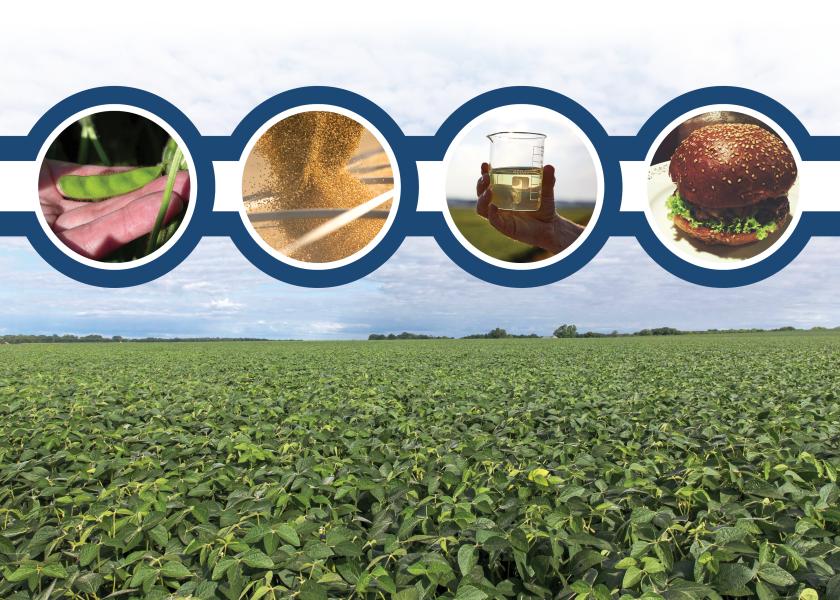Healthy Food Demand Creates Soybean Markets

In a world of tight margins, any point of differentiation in your commodities could hold a big payoff. Those niche qualities often match the growing demand for healthy and environmentally friendly food.
For example, St. Louis startup Benson Hill created a new soybean variety aimed for plant-based meat production. The soybean has up to 50% more protein than varieties on the market.
With traditional breeding techniques — no gene editing — Benson Hill anticipates the variety will be in the hands of contract farmers in 2021. The variety was first discovered by eMerge Genetics, a company Benson Hill recently acquired.
Benson Hill uses its CropOS platform to accelerate product development with their brand of phenotyping, predictive breeding and environmental modeling algorithms. The basis of their innovations, which can become food ingredients, is crop genetics.
“The natural genetic diversity of plants is one of the most powerful sources of product differentiation,” says Matt Crisp, Benson Hill CEO.
The company offers farmers a full-circle opportunity — from providing the seed genetics to buying back soybeans for protein concentrate, which is one of the key ingredients used in plant-based meat and dairy products.
High Oleic Opportunity
Another niche type of soybeans gaining farmers’ higher premiums is high oleic soybeans, according to the United Soybean Board (USB). The oil produced by these beans has a higher smoke point, no trans fats and is as healthy as olive oil.
One of the perks of high oleic is they’re grown the same way as their traditional soybean counterparts. The extra step is keeping them separate from other varieties throughout the growing season.
“For us, these soybeans have the same weed management program, fungicide program and come from the same dealer as their other soybeans,” says Belinda Burrier, Maryland farmer and USB farmer-leader. “It’s not any harder, but we get paid more.”
Farmers average a premium of 50¢ per bushel over traditional soybean variety prices.







